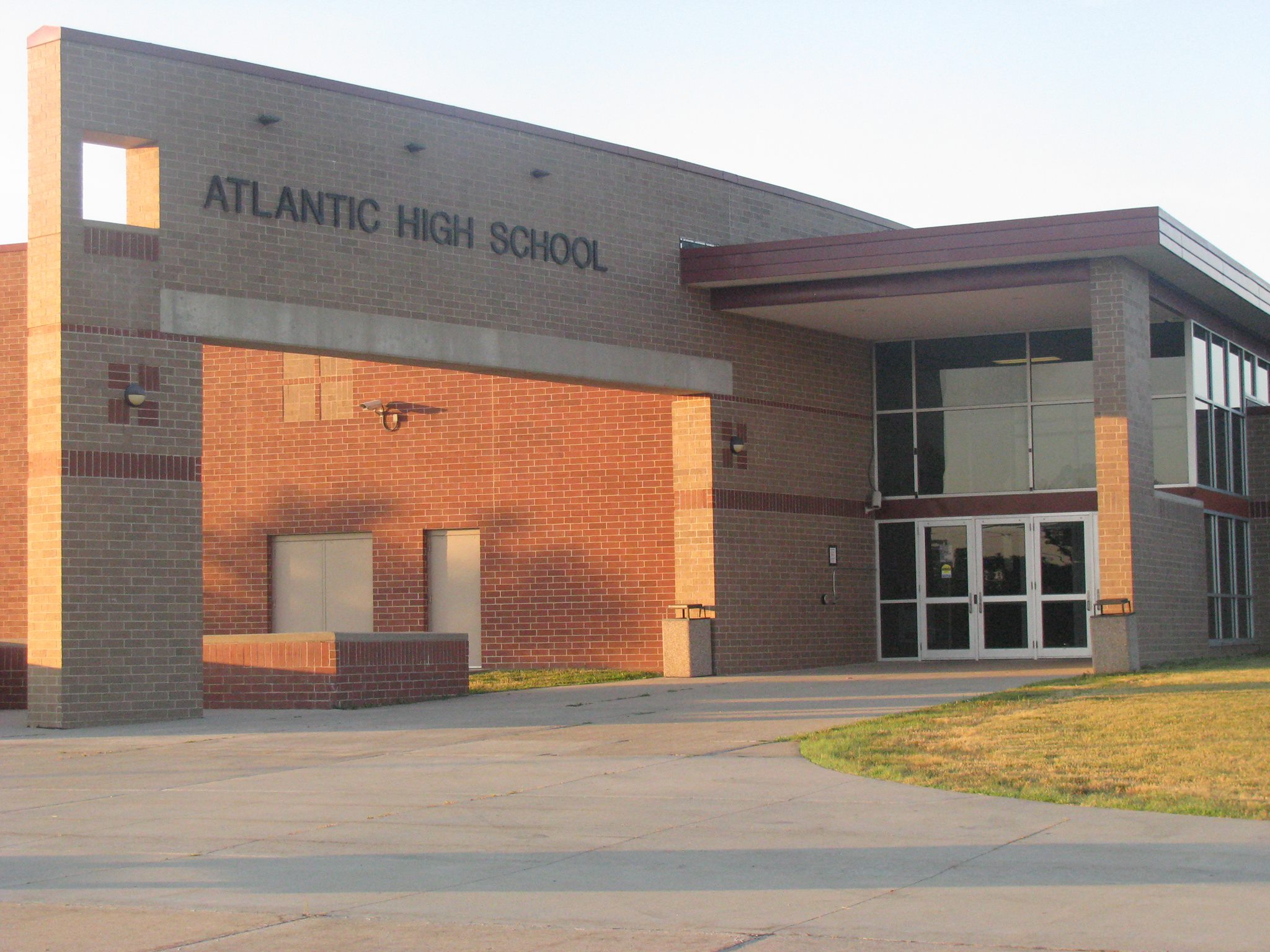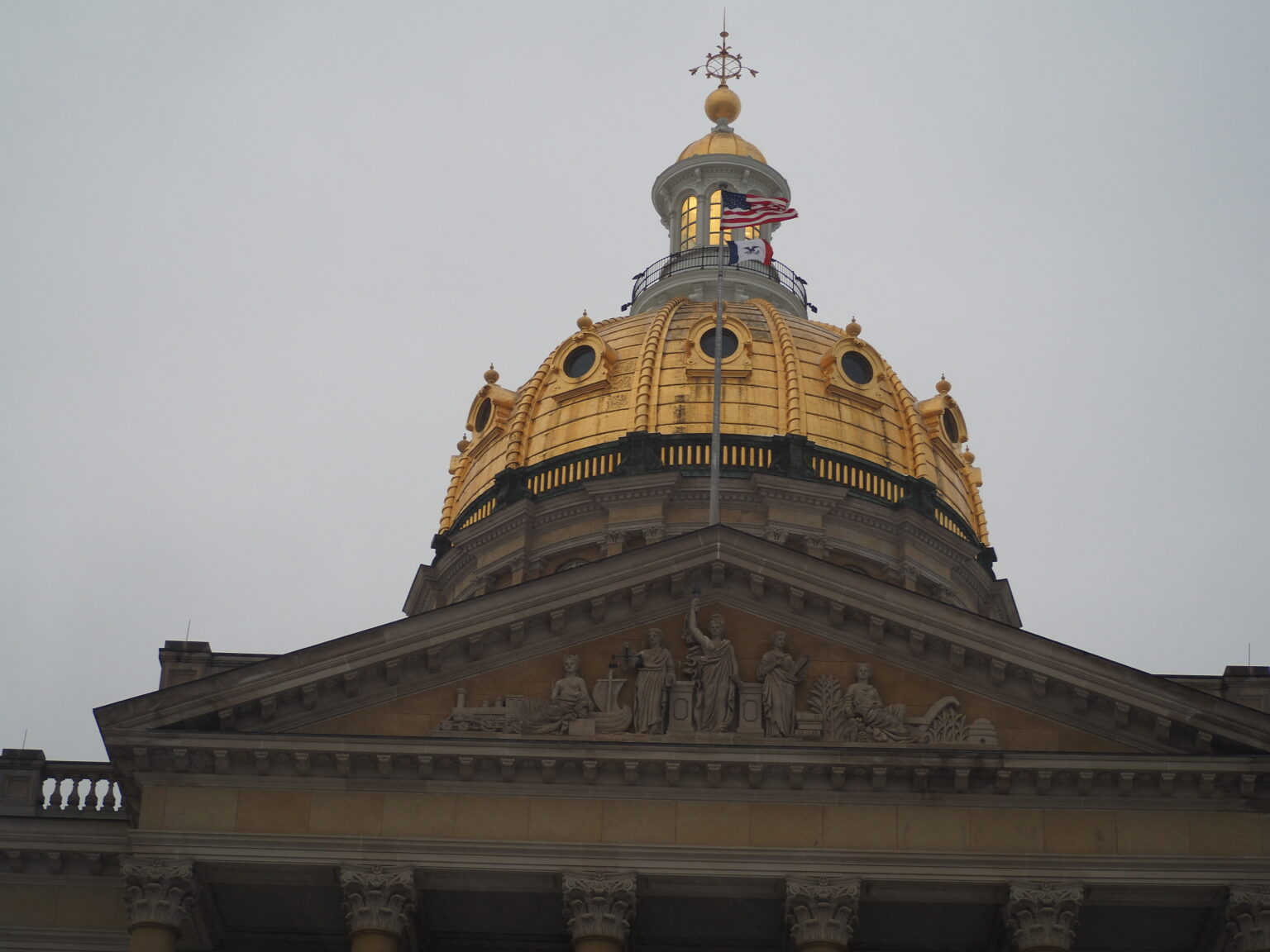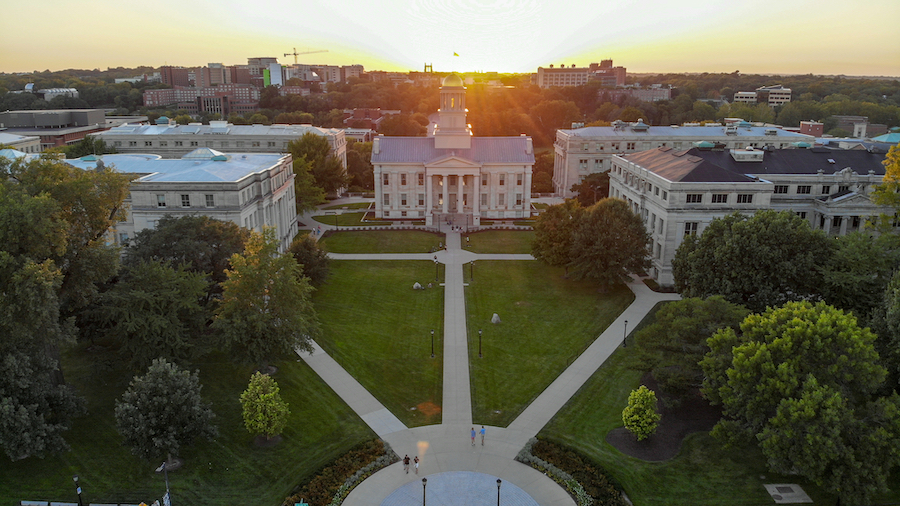Governor Kim Reynolds drew criticism in 2018 for accepting free flights on private planes belonging to campaign donors and a longtime state vendor. Her plane travel came under scrutiny again this week.
Des Moines Register reporters Phillip Sitter and Tyler Jett had the scoop on February 24: for the past year, Reynolds has periodically flown on a state-owned plane, purchased with federal pandemic relief funds she allocated to the Iowa Department of Public Safety in 2024.
Reynolds told reporters on February 26 that occasional air travel allows her to use her time more efficiently. To justify spending COVID-19 relief money on the plane, she and her staff have also claimed the 14-seat Cessna 208B Grand Caravan augmented the Iowa State Patrol’s “aging fleet” with “more sophisticated equipment and technology to accommodate a broader span of use for law enforcement.”
But documents I obtained through public records requests show the Iowa State Patrol already had a smaller plane equipped with similar advanced technology, such as thermal imaging and de-icing capability. That Cirrus SR-22 was no obsolete aircraft; the Department of Public Safety used a state appropriation to buy it new in 2021.
Continue Reading...



















